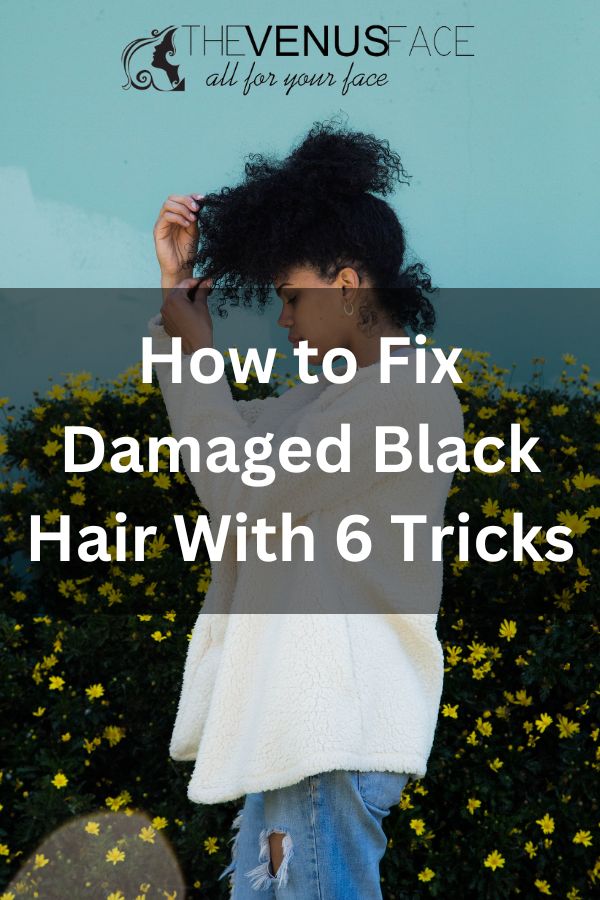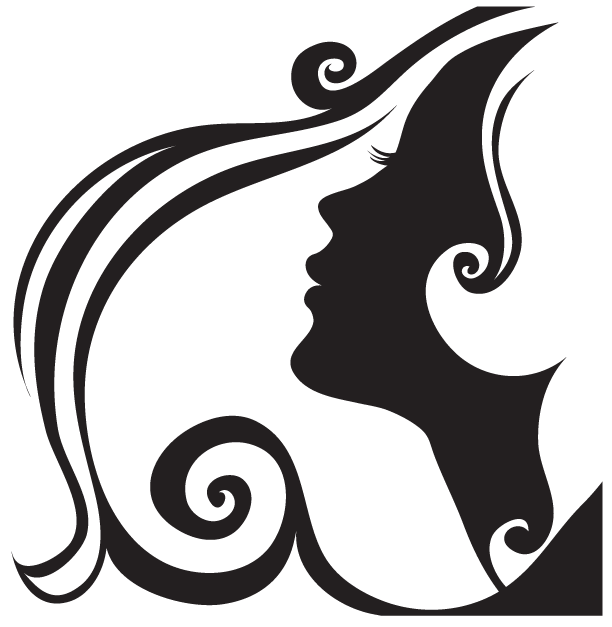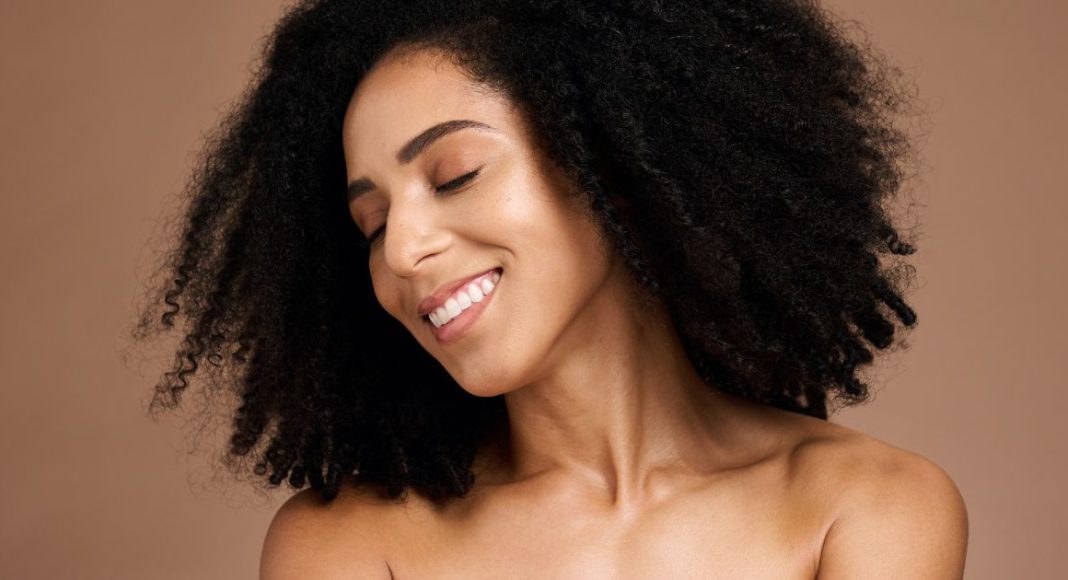Black hair is unique and beautiful, but it can also be fragile and prone to damage. Whether it’s due to over-styling, chemical treatments, or lack of proper care, damaged hair can make you feel self-conscious and frustrated. But don’t worry, there are ways to fix it! In this article, we’ll go over some of the most effective methods for repairing damaged black hair so that you can feel confident and proud of your locks once again.

Understanding the Causes of Damaged Black Hair
Before we jump into how to fix damaged black hair, let’s take a closer look at some of the most common causes of damage:
- Over-styling: Using hot tools like flat irons and curling irons too often or at high temperatures can cause damage and breakage. More: How to Fix Burnt Hair From Straighteners With 8 Methods.
- Chemical treatments: Relaxers, perms, and coloring can all damage the hair if not done correctly or if done too frequently.
- Lack of moisture: Black hair tends to be naturally dry, so it’s important to keep it hydrated and moisturized to prevent breakage.
- Rough handling: Pulling or tugging at the hair, especially when brushing or combing, can cause damage over time.
How to Fix Damaged Black Hair
Now that we know what causes damage to black hair, let’s explore some of the most effective methods for repairing it:
1. Deep Conditioning
Deep conditioning is a crucial step in repairing damaged black hair. This involves using a thick, moisturizing conditioner and leaving it on for an extended period of time, usually 30 minutes to an hour. Here’s how to do it:
- Start with clean, damp hair.
- Apply a generous amount of conditioner to your hair, focusing on the ends and any particularly damaged areas.
- Cover your hair with a plastic cap or wrap to trap it in heat and help the conditioner penetrate more deeply.
- Leave the conditioner on for at least 30 minutes, or longer if you have the time.
- Rinse out the conditioner thoroughly and style it as usual.
More: Best shampoos & conditioners for African American hair
2. Protein Treatments
Protein treatments can help strengthen and repair damaged hair by providing it with the building blocks it needs to grow and heal. Here’s how to do it:
- Start with clean, damp hair.
- Apply the protein treatment evenly throughout your hair, making sure to focus on any particularly damaged areas.
- Cover your hair with a plastic cap or wrap to trap it in heat and help the treatment penetrate more deeply.
- Leave the treatment on for the recommended amount of time, usually 15-30 minutes.
- Rinse out the treatment thoroughly and style as usual.
Note: Be careful not to overdo protein treatments, as too much can actually cause further damage.
More: Best keratin treatment for African American hair
3. Oil Treatments
Oil treatments can help restore moisture and shine to damaged black hair. Here are some of the best oils to use:
- Coconut oil: This oil is high in lauric acid, which can penetrate the hair shaft and help repair damage.
- Olive oil: Olive oil is rich in antioxidants and healthy fats that can nourish and strengthen the hair.
- Argan oil: This oil is packed with vitamin E and fatty acids that can help repair and protect damaged hair.
Here’s how to do an oil treatment:
- Choose your oil(s) of choice and warm them slightly by placing the bottle in a bowl of warm water or microwaving for a few seconds (be careful not to overheat).
- Use your fingers or a wide-toothed comb to distribute the oil evenly throughout your hair.
- Cover your hair with a plastic cap or wrap and leave the oil on for at least 30 minutes, or overnight for a more intensive treatment.
- Rinse out the oil thoroughly and style it as usual.
Note: Be sure to choose high-quality, pure oils and avoid any that contain added ingredients or fillers.
More: How to do a hot oil treatment for black hair
4. Trim Regularly
While it may seem counterintuitive to cut your hair when you’re trying to grow it out, regular trims are essential for repairing damaged black hair. Trimming off the split ends and damaged portions of your hair will help prevent further breakage and promote healthier growth.
More: Homemade Recipes for black hair growth
5. Limit Heat Styling
Heat styling is one of the most common causes of damage to black hair, so it’s important to limit its use as much as possible. If you must use hot tools, be sure to use a heat protectant spray and keep the temperature on the lower side. You can also try using alternative styling methods that don’t require heat, such as braiding or twisting your hair.
More:
6. Be Gentle with Your Hair
Black hair is delicate and needs to be treated gently to prevent damage. Avoid pulling or tugging at your hair, and be sure to use a wide-toothed comb or your fingers to detangle it. When drying your hair, pat it gently with a towel rather than rubbing it vigorously.
Conclusion
Damaged black hair can be frustrating and discouraging, but with the right care and attention, you can repair and restore your locks to their full potential. By incorporating deep conditioning, protein treatments, oil treatments, regular trims, and gentle handling into your hair care routine, you’ll be well on your way to healthy, vibrant hair. Remember to be patient and consistent, and don’t hesitate to seek professional help if you’re unsure about the best course of action for your hair. With time and effort, you’ll be able to fix your damaged black hair and enjoy the confidence and beauty that comes with it.
FAQs
Q: How long does it take to repair damaged black hair?
A: The time it takes to repair damaged black hair will vary depending on the extent of the damage and the methods used. With consistent and proper care, you should start to see improvement within a few weeks to a few months.
Q: Can damaged black hair be repaired?
A: Yes, damaged black hair can be repaired with the right methods and products. However, it’s important to note that severe damage may not be fully reversible, so prevention and early intervention are key.
Q: How often should I deep condition my hair?
A: How often you deep condition your hair will depend on your hair type, the condition of your hair, and how often you wash it. Generally, once a week is a good starting point, but you may need to adjust based on your individual needs.


